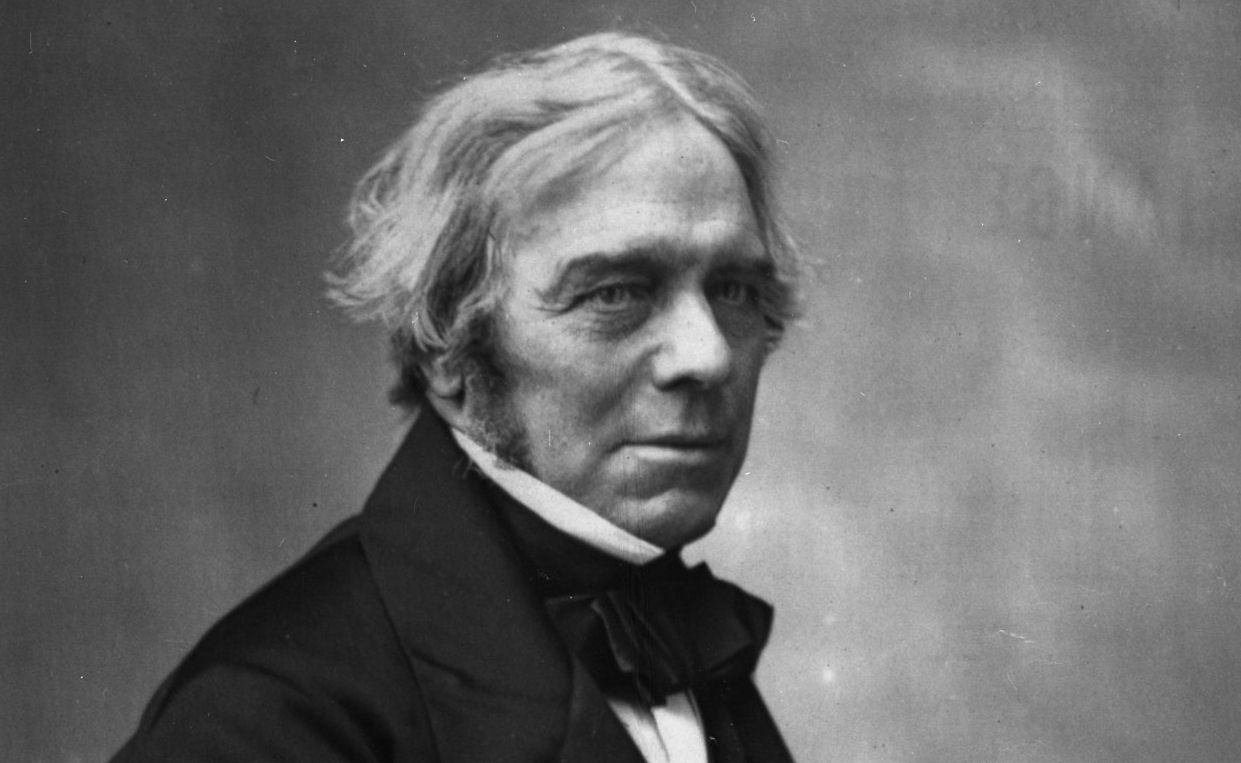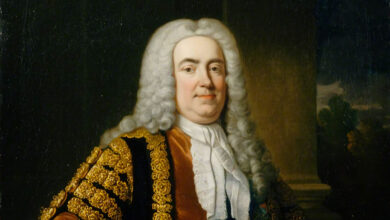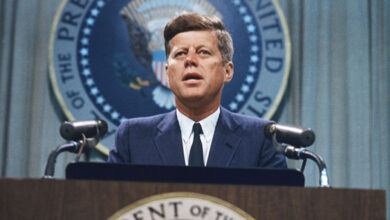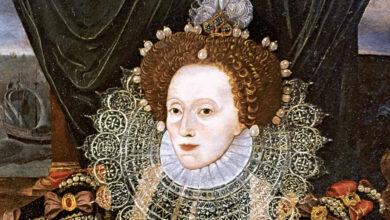
“Nothing is too wonderful to be true if it be consistent with the laws of nature.” – Michael Faraday
Podcast: Play in new window | Download
Subscribe: Spotify | Amazon Music | Youtube Music | RSS
Michael Faraday Biography
When reading about Michael Faraday’s early life, it’s hard to believe that he would eventually become one of the most significant scientific minds in history. He was one of the fathers of modern electricity and went on to influence and inspire other brilliant minds, including Albert Einstein. Famed physicist Ernest Rutherford said it best when he stated that, “When we consider the magnitude and extent of his discoveries and their influence on the progress of science and of industry, there is no honour too great to pay to the memory of Faraday, one of the greatest scientific discoverers of all time.” We have Faraday to thank for the modern electric motor, generator, and transformer.
Michael Faraday was born on September 22, 1791 in the village of Newington Butts, near London. In this time period, it was normal for parents to give the most complete and expensive education to the firstborn child (assuming, of course, that child was male). As Faraday’s parents weren’t well off, and Faraday was the third of four children, he received a very limited and brief early education. This did not deter the future scientist, however, and he took his education into his own hands. He found a great way to do this when he became the apprentice to a local bookseller and bookbinder at the age of fourteen. Surrounded by the written word, Faraday read everything he could get his hands on. This is where he eventually found and nurtured his love for science.
Inspired by his reading and the subsequent scientific lectures he attended, Faraday wrote to Sir Humphry Davy to ask for employment. Davy was at that time the Director of the Laboratory and Assistant Chemistry Lecturer at the Royal Institution. Faraday’s request piqued Davy’s interest, and Faraday was hired in 1813 as his laboratory assistant. Faraday proved his brilliance, making a few significant discoveries early on in his time with Davy. In 1823, he discovered the liquefied form of chlorine, and then in 1825 he discovered a completely new substance which is now known as benzene.
Faraday’s relationship with Davy was not always enjoyable, however. Due to his humble upbringing and the strict British class system, Faraday was considered lower class and not worthy of the same treatment as his knighted mentor. Between 1813 and 1815, Faraday accompanied Davy on a trip through Europe. Faraday was forced to work not only as Davy’s scientific assistant, but as his valet and had to assist Davy with things such as dressing, shaving, and other personal tasks. In addition, Davy’s wife was particularly cruel to Faraday and did not allow him to join the couple for meals or even ride in the same coach with them. Faraday was incredibly disillusioned by this experience, but luckily he endured and benefited from the academic pursuits.
While Faraday was without a doubt a skilled chemist, he was truly a master of electricity. In 1821, motivated by Danish physicist Hans Christian Oersted’s discovery of electromagnetism, Faraday invented the homopolar motor. This motor was run by what Faraday called “electromagnetic rotation” and is the principle behind today’s electric motor. In the wake of this discovery, Faraday published his results without properly attributing previous work done by Davy that led to Faraday’s invention. As a result, their relationship further deteriorated. Faraday did not have another major breakthrough in the field of electricity until 1831. People speculate that this is due to Davy reassigning Faraday to other fields of research based on his displeasure over the incident.
Faraday’s work in 1831 led to his discovery of electromagnetic induction. This created the foundation for the modern electric generator and transformer. This discovery had major effects on the use of electricity, transforming it from something experimented with in labs to something able to be used by everyday people. Faraday’s influence was acknowledged with prestigious posts, such as scientific adviser to Trinity House and Professor of Chemistry at the Royal Military Academy.
In the interim between his two groundbreaking discoveries, Faraday founded the Royal Institution’s Friday Evening Discourses and the Christmas Lectures. These popular lecture series are still held today. Faraday hoped that they would make scientific concepts more accessible to the general public, and influence young people to become involved in science. He particularly felt the need to hold these lectures because of his own inability to benefit from a proper education in his early life.
Faraday married his wife Sarah Barnard in 1821, but they never had children. They were both devout Christians and members of the Sandemanian sect. Michael Faraday did little research after 1840 due to poor health, but he lived until 1867. He passed away on August 25 of that year at Hampton Court.
Faraday once described his lecturing style in a letter to a friend by saying that when speaking, “a flame should be lighted at the commencement and kept alive with unremitting splendour to the end.” The quote is, without a doubt, an apt description of how Faraday lived his life.
Podcast: Play in new window | Download
Subscribe: Spotify | Amazon Music | Youtube Music | RSS




